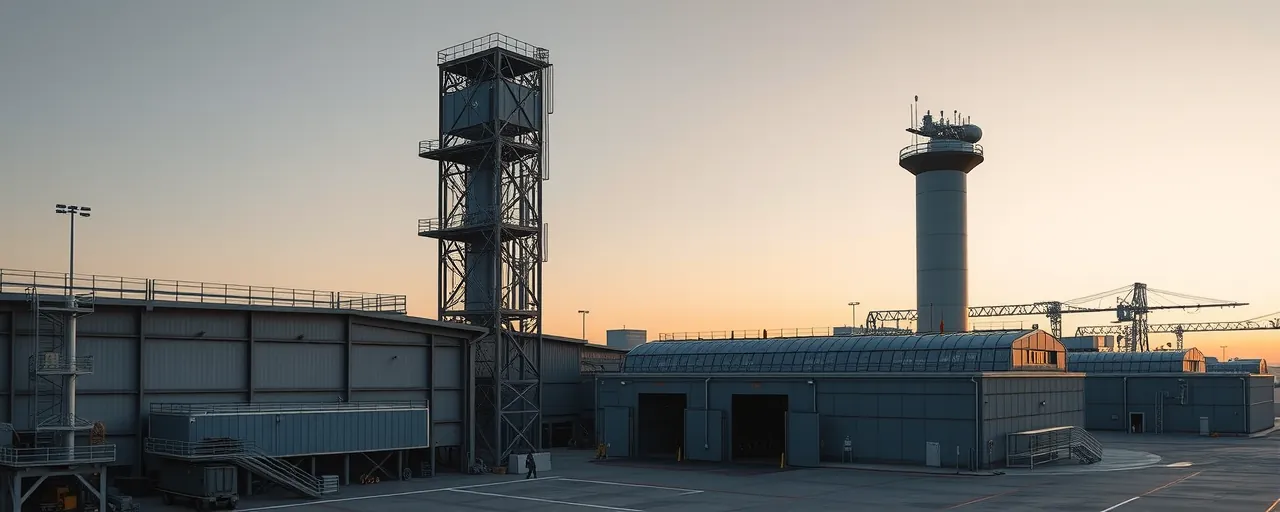Shelby’s Second Chance
Shelby, North Carolina, is witnessing a remarkable turnaround. PPG, a global powerhouse in paints and coatings, is investing $380 million to build a cutting-edge aerospace manufacturing plant in Cleveland County. This project promises 110 new jobs with an average salary of $66,861, offering a lifeline to families in a region scarred by decades of industrial decline. The significance is clear: when states prioritize workers, communities can reclaim their future.
For years, Shelby has grappled with the loss of factories and the uncertainty that followed. PPG’s return, rooted in its history here since the 1950s, feels like a long-awaited homecoming. Governor Josh Stein understands the stakes. He’s not just welcoming PPG—he’s advocating for workforce training and education to ensure these jobs become careers. This approach transforms lives, giving workers the tools to thrive in a modern economy.
This moment reflects deliberate, worker-focused policies. The One North Carolina Fund’s $300,000 performance-based grant holds PPG accountable, ensuring real investment in jobs and communities. Compare that to calls for blanket tax cuts for corporations, which often enrich executives while leaving places like Shelby behind. History shows tax breaks alone don’t rebuild towns—people do.
Investing in People Pays Off
PPG’s choice of Shelby underscores a powerful truth: when states invest in their workforce, businesses take notice. North Carolina’s community college partnerships and advanced manufacturing training programs make it a hub for companies like PPG. These jobs, paying far above Cleveland County’s average wage of $48,310, mean families can afford homes, education, or savings. Who can argue against that kind of progress?
Research backs this up. Manufacturing investments in rural areas spark broader growth, from logistics to small businesses. Alabama’s rural counties, for instance, gained 1,700 jobs from $1.7 billion in 2024 investments, fueling secondary industries. Shelby stands to benefit similarly, with PPG’s facility tapping local transport links to amplify its impact. This strategy builds economies from the middle out, not from the top down.
Some push a different vision, arguing for corporate tax cuts to as low as 15%, as groups like the Club for Growth suggest. They claim the 2017 tax reform, which lowered rates to 21%, proved their point. Yet, much of that windfall went to stock buybacks, not workers. North Carolina’s model—tying incentives to job creation and training—ensures companies like PPG deliver tangible benefits to communities.
A Model for America’s Heartland
PPG’s investment offers a blueprint for reviving America’s rural and post-industrial regions. Federal policies like the Inflation Reduction Act and CHIPS Act are channeling trillions into manufacturing and infrastructure, creating opportunities for places like Shelby. North Carolina’s collaboration with PPG, supported by the Department of Commerce and Cleveland Community College, shows how states can amplify these efforts. Why opt for fleeting tax cuts when you can foster lasting prosperity?
The reshoring boom strengthens this case. Since 2020, over 830,000 jobs have returned to the U.S., fueled by supply chain shifts and federal incentives. PPG’s Shelby plant aligns with this trend, bolstering America’s aerospace industry. While Mexico and Canada gain from nearshoring, North Carolina’s skilled workforce sets it apart. This approach builds resilient local economies capable of withstanding global disruptions.
Others argue that deregulation and tax reductions, like those in the 1980s or 2017, are the answer. But rural areas lost 30% of manufacturing jobs from 2001 to 2015 under those policies. PPG’s return, driven by public-private partnerships, proves worker-focused strategies work better. They create jobs that anchor communities, not just profits that vanish.
A Victory for Workers
Shelby’s story resonates deeply. Representative Kelly Hastings, whose mother worked at PPG, spoke of the pride this brings. Senator Ted Alexander praised the teamwork that made it possible. These jobs represent more than economic gains—they’re a chance for families to build secure, fulfilling lives. Isn’t that the heart of what we’re fighting for?
Governor Stein’s commitment to education, training, and accountability lights the way. North Carolina’s aerospace sector, built on a legacy from the Wright brothers, thrives because of policies that value workers. PPG’s $380 million investment is a testament to this vision, showing that betting on people yields results.
As America navigates economic challenges, we need leaders like Stein who see workers as the backbone of prosperity. PPG’s return to Shelby is a powerful reminder: when we invest in our communities, we build a stronger, fairer future. Let’s keep fighting for policies that lift everyone, because our strength lies in our people.
